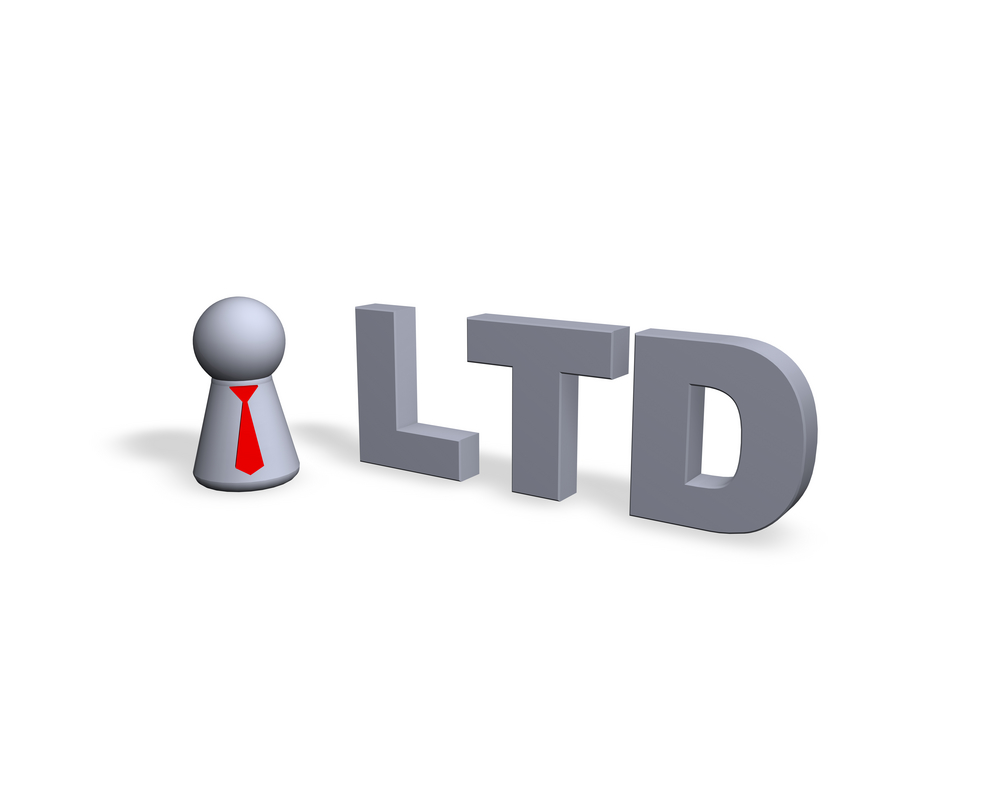Difference Between Inc and Ltd

You must have seen written either ‘Inc.’ or ‘Ltd.’ after the name of most companies and you might wonder what the actual difference between these two abbreviations is. You might think these abbreviations don’t matter at all and any company can write them with its name just as a formality. Well, if you think like that, you are greatly mistaken, as these terminologies have huge differences and are directly related to the structure of a business organisation. A simply incorporation (Inc.) has an entire different regulations than a limited liability company (Ltd.).
Instructions
-
1
Employees
One of the major differences between these two structures is that a limited company is not required to have any technical employees. The owner of the business can simply put the profits earned into his/her pocket without having any designation in the organisation structure. On the other hand, incorporation needs to have actual employees with regular I-9 and W-2 employee paperwork. The owner of the company has a designation within the organisation structure, like CEO (Chief Executive Officer), and then has to make a salary cheque made out of the company’s account as his salary. In short, the owner of the business has to act as an employee and a documented proof of any amount of money taken from the company’s account for his/her personal use. -
2
Taxes
The owners of a limited company are taxed for the income they generate from their business activities. The owners pay the income tax in their own name and can also avail the self-employment business deductions while filing their tax returns. On the other hand, incorporations are treated as separately entities and have to pay the taxes separately from its employees. The employees will pay their personal income tax while the incorporation has to pay corporate tax out of its profits made. -
3
Stocks
A limited company is owned by actual cash or credit being invested by the owner at the start of the business. However, incorporations are held in stocks, which are available for purchasing in the stock market. This will require more formal paper work and additional cost to the business. -
4
Costs
Limited companies have lesser formal paper work and legislation to follow and hence, their cost of start-up and registrations is relatively low. Incorporations needs a lot of legal paper work to complete before registering as a business in the stock market and have to pay larger sums of money in terms of fees. -
5
Considerations
Starting up a limited company will allow you to avoid double taxation, extra time and expensive paper work. If you start up incorporation, the company, and not you, will be liable for the assets being owned. It is all up to you which structure you prefer for your business.



